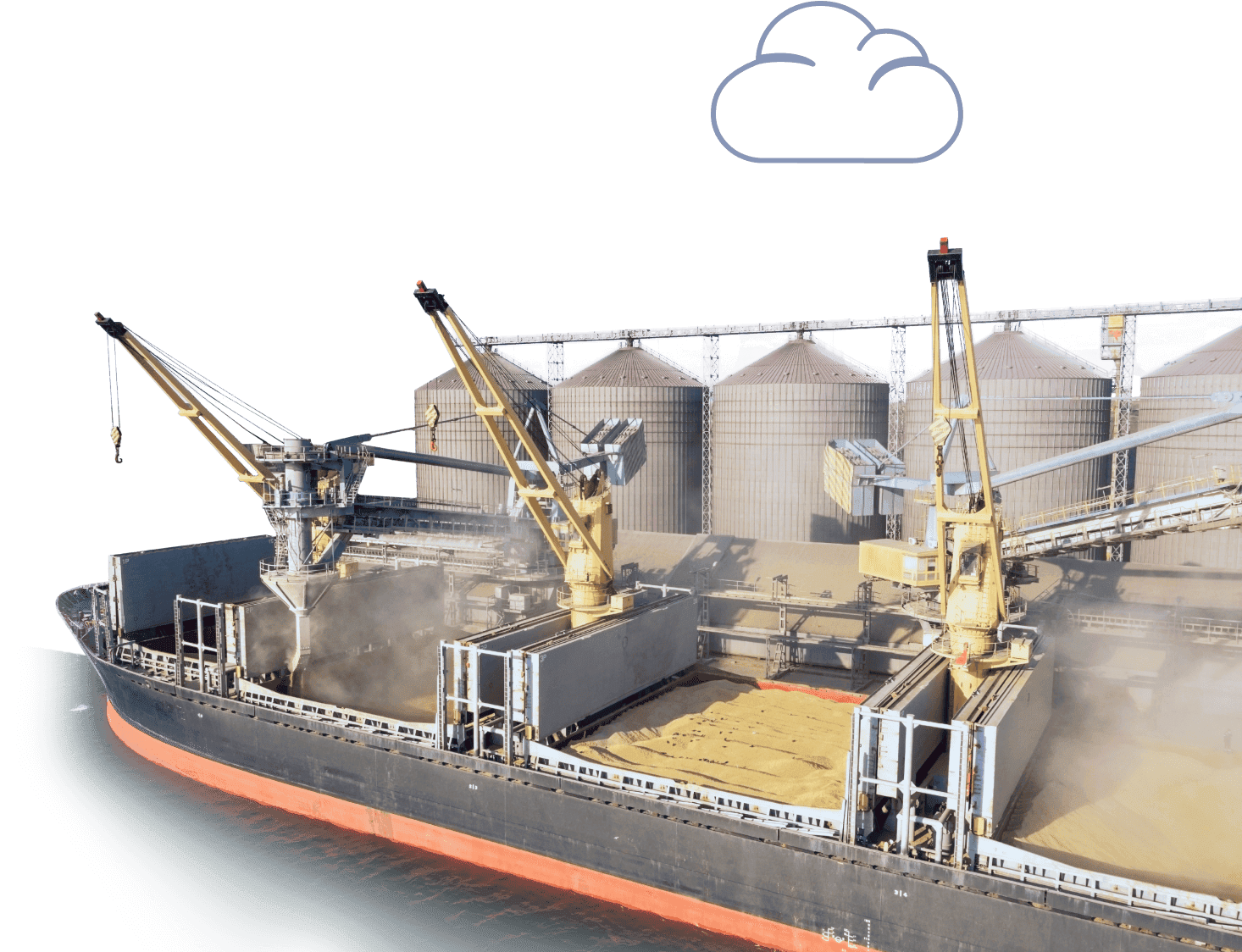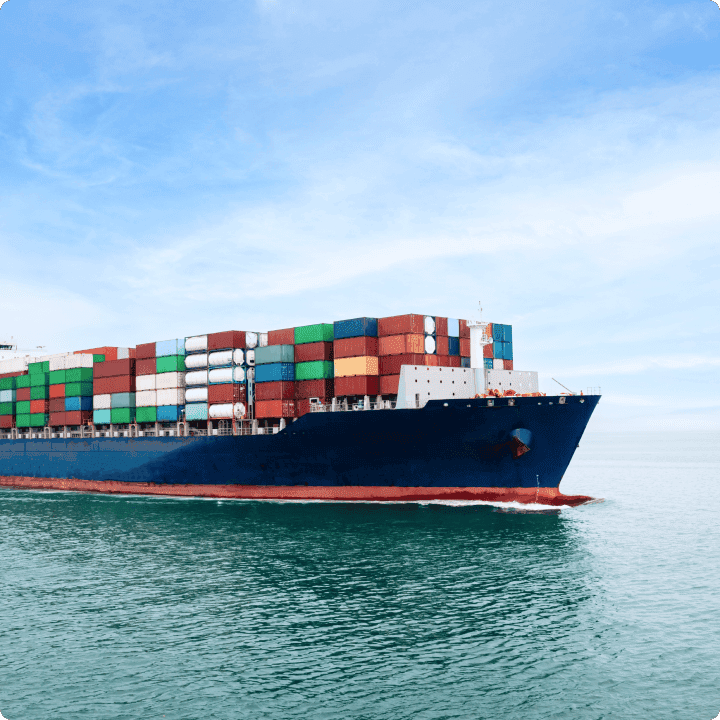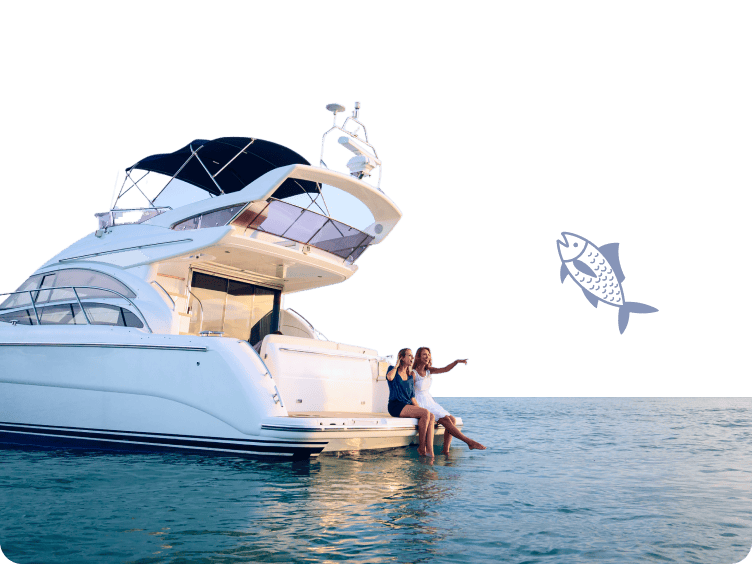Water transport insurance

Protection against risks

What types of vessels can be insured?
- sea
- river vessels
- small-sized (yachts and boats, jet skis, etc.)
What can be insured?
- ship hull
- ship mechanisms
- machinery and equipment
Benefits of insurance in INGO

Insurance coverage options:
- With liability for total loss and damage, including salvage and general accident costs
- With liability for total loss, including salvage and general accident costs
- With liability for damage, including salvage costs
outlook - «Evolving»
8.12.2023



What insurance risks can the policy cover?
The main insured risks in water transport insurance are damage, loss, destruction, loss, disappearance, theft, seizure of a vessel or equipment caused by
- severe weather conditions, collision, piling up, grounding
- fire and/or explosion;
- illegal actions of third parties (theft, hijacking, vandalism);
- forced throwing of property overboard;
- events during loading, unloading or transportation of cargo or fuel;
- boiler explosion, shaft breakage, or hidden defects in any parts and components of the main and auxiliary engines, deck machinery or hull;
Additional insurance coverage, which will be interesting for small vessels:
- risks during transportation, as well as during launching and raising to the slipway;
- participation of the vessel in races, competitions, tests, setting records, use of the vessel for educational purposes
- risks of theft, loss of the vessel's engine, falling overboard of the vessel's outboard engine
What documents are required to apply for a policy?
- certificate of registration of the vessel;
- classification documents;
- technical passport for water transport;
- identification data of the shipowner/operator
Who can enter into an insurance contract?
An insurance contract may be concluded by shipowners (legal entities, individuals, business entities) who legally own, use or dispose of a ship.
What class of vessels are subject to insurance?
Vessels of various types intended for:
- transportation of goods and passengers;
- water fishing;
- mining and quarrying;
- research works;
- sports competitions;
- repair, construction and mooring of ships;
- floating engineering structures;
- technical fleet vessels (tugs, icebreakers, ferries, etc.)
- merchant ships
- fishing vessels;
- private vessels (yachts, boats, boats, jet skis, etc.).
What are the minimum requirements for a vessel to be accepted for insurance?
Vessels shall be accepted for insurance if at the moment of conclusion of the insurance agreement
- are in seaworthy condition, which is documented;
- have a valid class (for commercial fleet).
Who can act as a beneficiary under the agreement?
The beneficiary may be any person who has a property interest in the insured watercraft at the time of the insured event or payment of the insurance indemnity.
What territory does the insurance cover?
The insurance coverage shall extend to the whole world, including inland waterways of Ukraine, in accordance with the limitations of the Register class/ Vessel class, except for the territories specified in the contract (for example, war zones, occupied territories, certain countries, etc.)
Is it possible to cover war risks?
War risks coverage is possible outside the territory of Ukraine and is considered individually.












